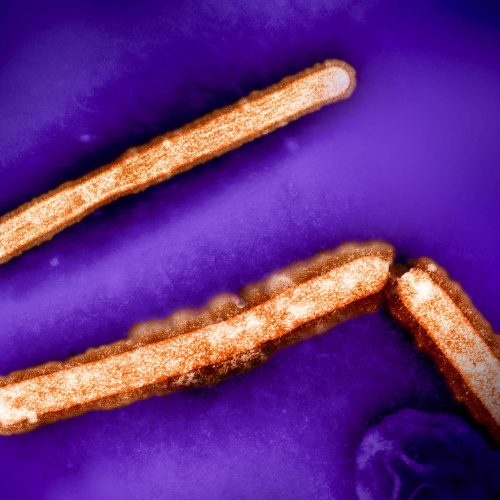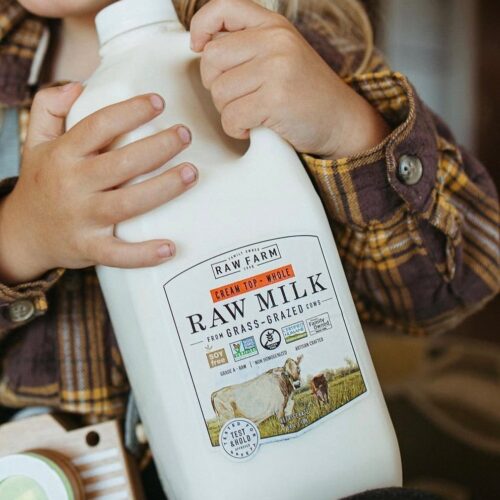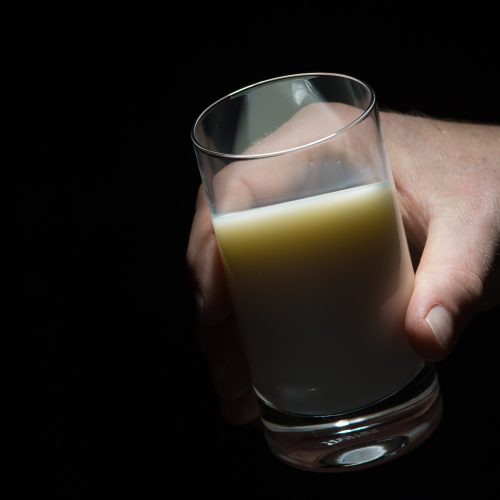CDC Confirms First ‘Severe’ Case of H5N1 Bird Flu in U.S.
The U.S. has seen 61 confirmed human cases to date.
The Louisiana resident infected with H5N1 bird flu is hospitalized in critical condition and suffering from severe respiratory symptoms, the Louisiana health department revealed Wednesday.
The health department had reported the presumptive positive case on Friday and noted the person was hospitalized, as Ars reported. But a spokesperson had, at the time, declined to provide Ars with the patient's condition or further details, citing patient confidentiality and an ongoing public health investigation.
This morning, the Centers for Disease Control and Prevention announced that it had confirmed the state's H5N1 testing and determined that the case "marks the first instance of severe illness linked to the virus in the United States."


© Getty | Cavan Images

A person in Louisiana is hospitalized with H5N1 bird flu after having contact with sick and dying birds suspected of carrying the virus, state health officials announced Friday.
It is the first human H5N1 case detected in Louisiana. For now, the case is considered a "presumptive" positive until testing is confirmed by the Centers for Disease Control and Prevention. Health officials say that the risk to the public is low but caution people to stay away from any sick or dead birds. A spokesperson for Louisiana's health department told Ars that the hospitalized patient had contact with both backyard and wild birds.
Although the person has been hospitalized, their condition was not reported. The spokesperson said the department would not comment on the patient's condition due to patient confidentiality and an ongoing public health investigation.


© CDC/NIAID/Flickr
On Friday, the US Department of Agriculture (USDA) announced that it would begin a nationwide testing program for the presence of the H5N1 flu virus, also known as the bird flu. Testing will focus on pre-pasteurized milk at dairy processing facilities (pasteurization inactivates the virus), but the order that's launching the program will require anybody involved with milk production before then to provide samples to the USDA on request. That includes "any entity responsible for a dairy farm, bulk milk transporter, bulk milk transfer station, or dairy processing facility."
The ultimate goal is to identify individual herds where the virus is circulating and use the agency's existing powers to do contact tracing and restrict the movement of cattle, with the ultimate goal of eliminating the virus from US herds.
At the time of publication, the CDC had identified 58 cases of humans infected by the H5N1 flu virus, over half of them in California. All but two have come about due to contact with agriculture, either cattle (35 cases) or poultry (21). The virus's genetic material has appeared in the milk supply and, although pasteurization should eliminate any intact infectious virus, raw milk is notable for not undergoing pasteurization, which has led to at least one recall when the virus made its way into raw milk. And we know the virus can spread to other species if they drink milk from infected cows.


© Credit: mikedabell

Bird flu has landed on a California farm that shuns virus-killing pasteurization, leading to a second recall of raw milk and a suspension of operations at the company, Raw Farm in Fresno County.
According to a November 27 alert by the California health department, officials in Santa Clara County found evidence of bird flu virus in retail samples of a batch of Raw Farm's milk, which has been recalled. It is the second time that retail testing has turned up positive results for the company and spurred a recall. The first contaminated batch was reported on November 24. The two recalled batches are those with lot codes 20241109 ("Best By" date of November 27, 2024) and 20241119 (Best By date of December 7, 2024).
In an email to Ars on Monday, Raw Farm CEO Mark McAfee said that none of the company's cows are visibly sick but that it appears that asymptomatic cows are shedding the avian influenza virus.


© Raw Farm

Bird flu virus has been found in a batch of raw—unpasteurized—milk sold in California, prompting a recall issued at the state's request, health officials announced over the weekend.
No illnesses have yet been linked to the contaminated milk, made by Raw Farm, LLC of Fresno County. The contamination was found in testing by health officials in nearby Santa Clara County, who detected the virus in milk from a retail store. The state laboratory has confirmed the finding.
In a YouTube message from Raw Farm, a company representative called the contamination "not a big deal" and emphasized that the recall is only being done out of an abundance of caution.


© Getty | Lukas Schulze